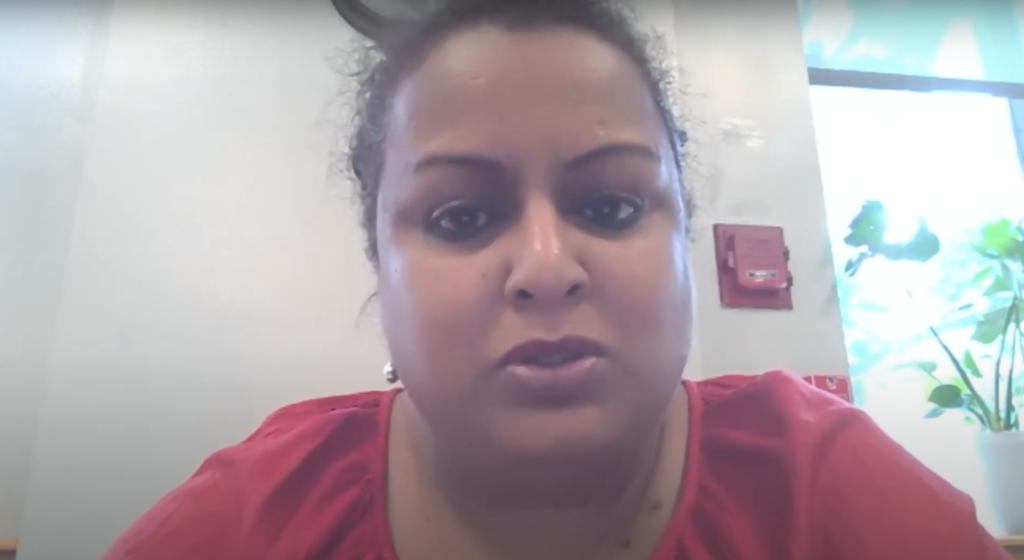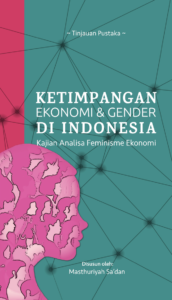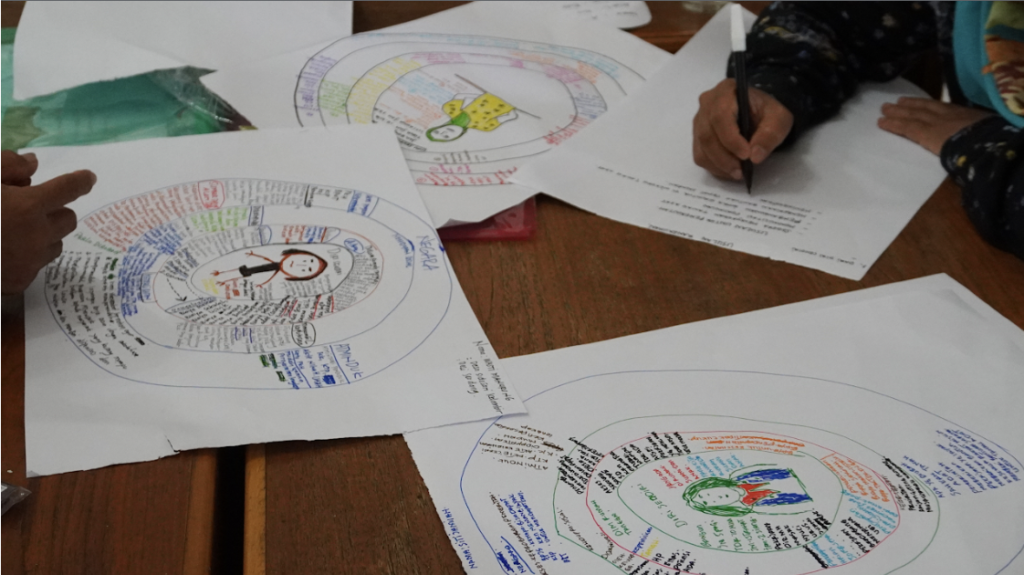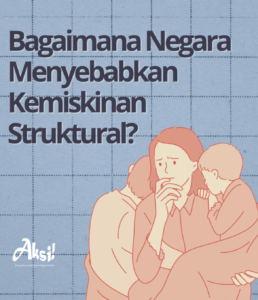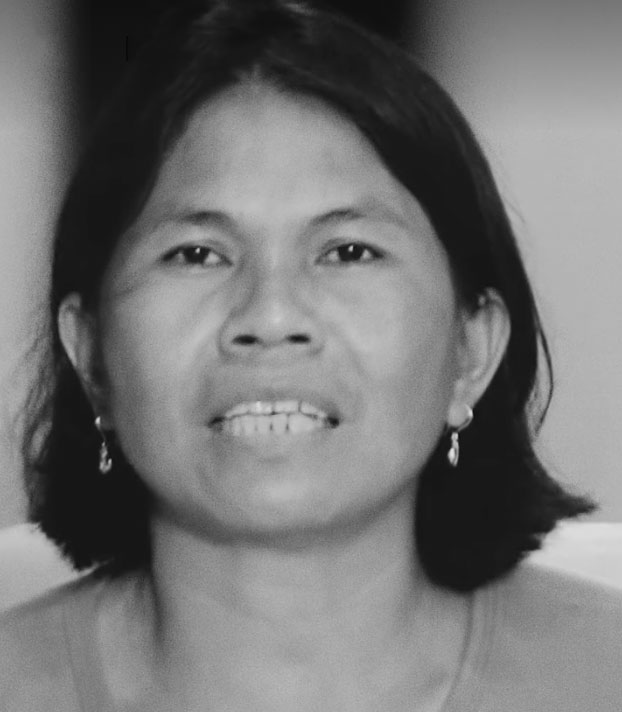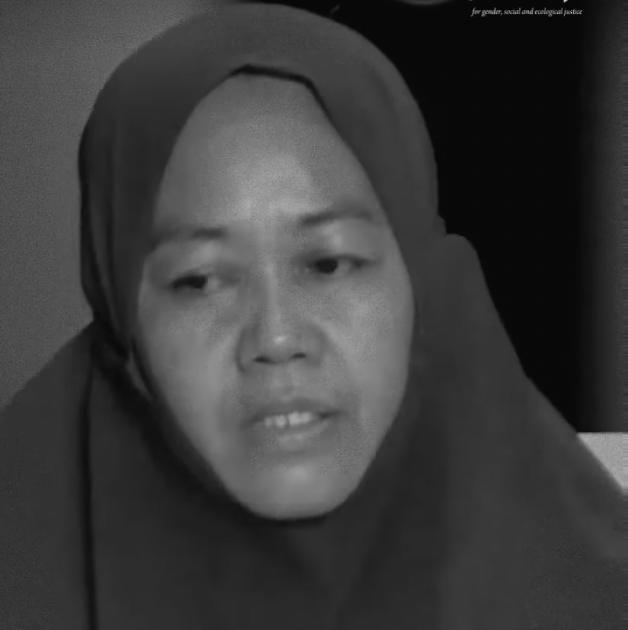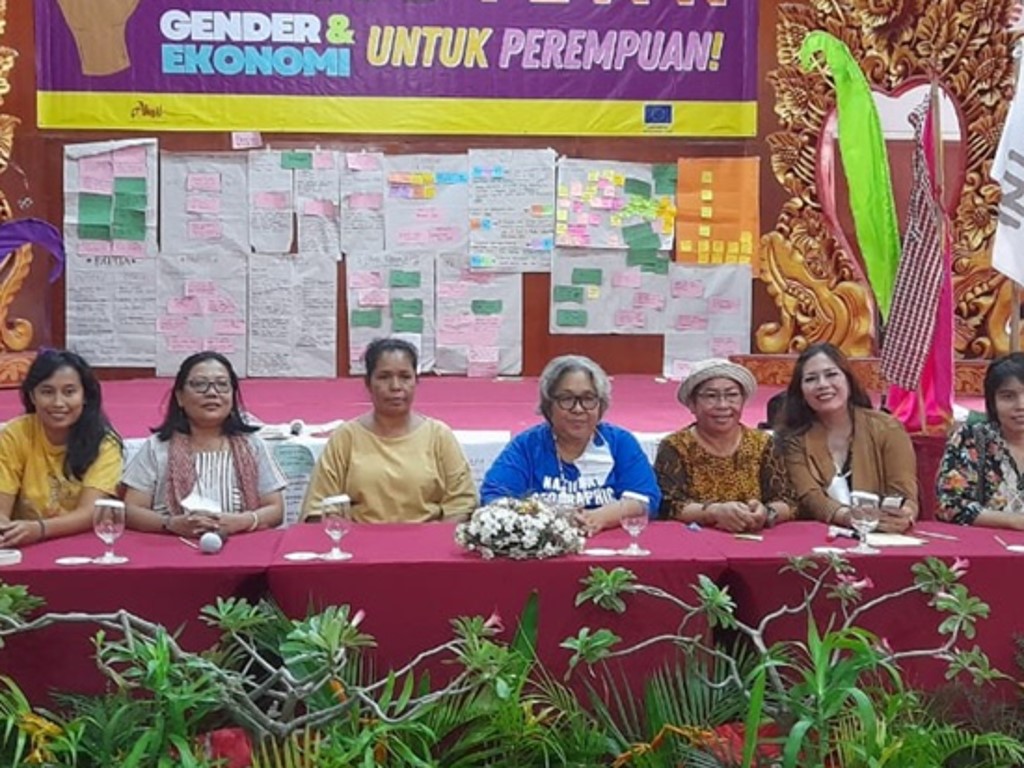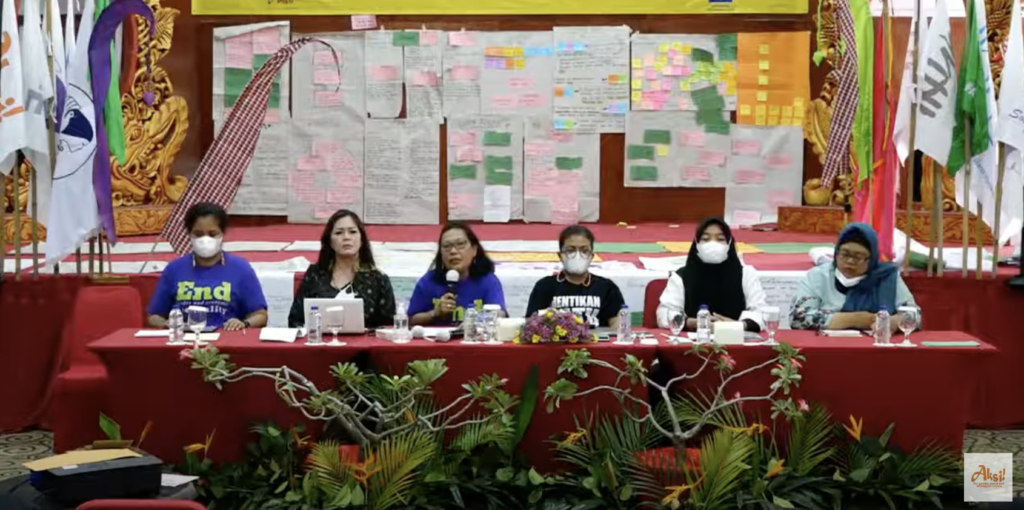“Hopefully it [our calls for change] will contribute to the G20 agenda so that the impoverishment of Indonesian women can be addressed.”
Indonesian women from various backgrounds – from farmers to street vendors to migrant workers – came together for a series of events in March 2022 to address the inequalities they face in their daily lives. After a series of consultations and a strategy meeting, a set of 9 demands was drawn up which represented the common priority concerns of these women. These demands were released during a press conference on International Women’s Day, and a demonstration on the beaches of Bali helped draw further attention to the demands.
As a result of these activities and the sense of solidarity and sisterhood established through the process, the women decided to form a network of women for gender and economic justice, dubbed “P23+ Network”. The network is committed to working together to pursue the nine demands formulated together.
Read more here.
